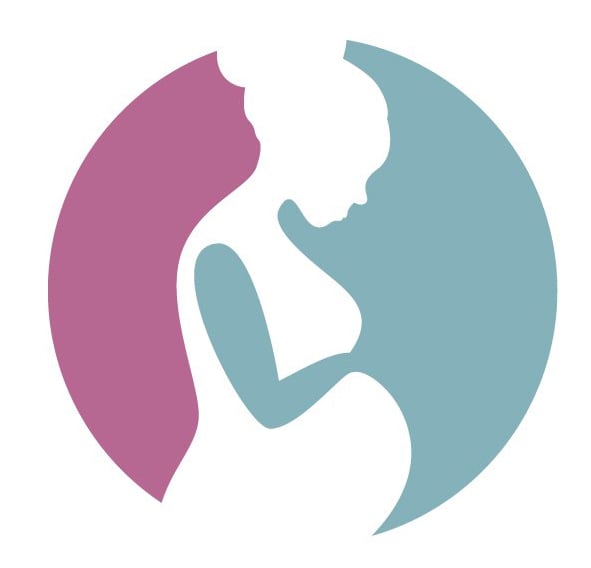The Multilevel Interventions for Maternal Health and Disparities (MIRACLE) Center is an NIH-funded Maternal Health Research Center of Excellence committed to advancing women’s health and reducing health disparities.
The MIRACLE Center is one of 12 Centers of Research Excellence nationwide funded by NIH’s IMPROVE (Implementing a Maternal health and PRegnancy Outcomes Vision for Everyone) initiative. NIH funding amount for the Center is close to $19 mil. over 7 years starting in 2023.
